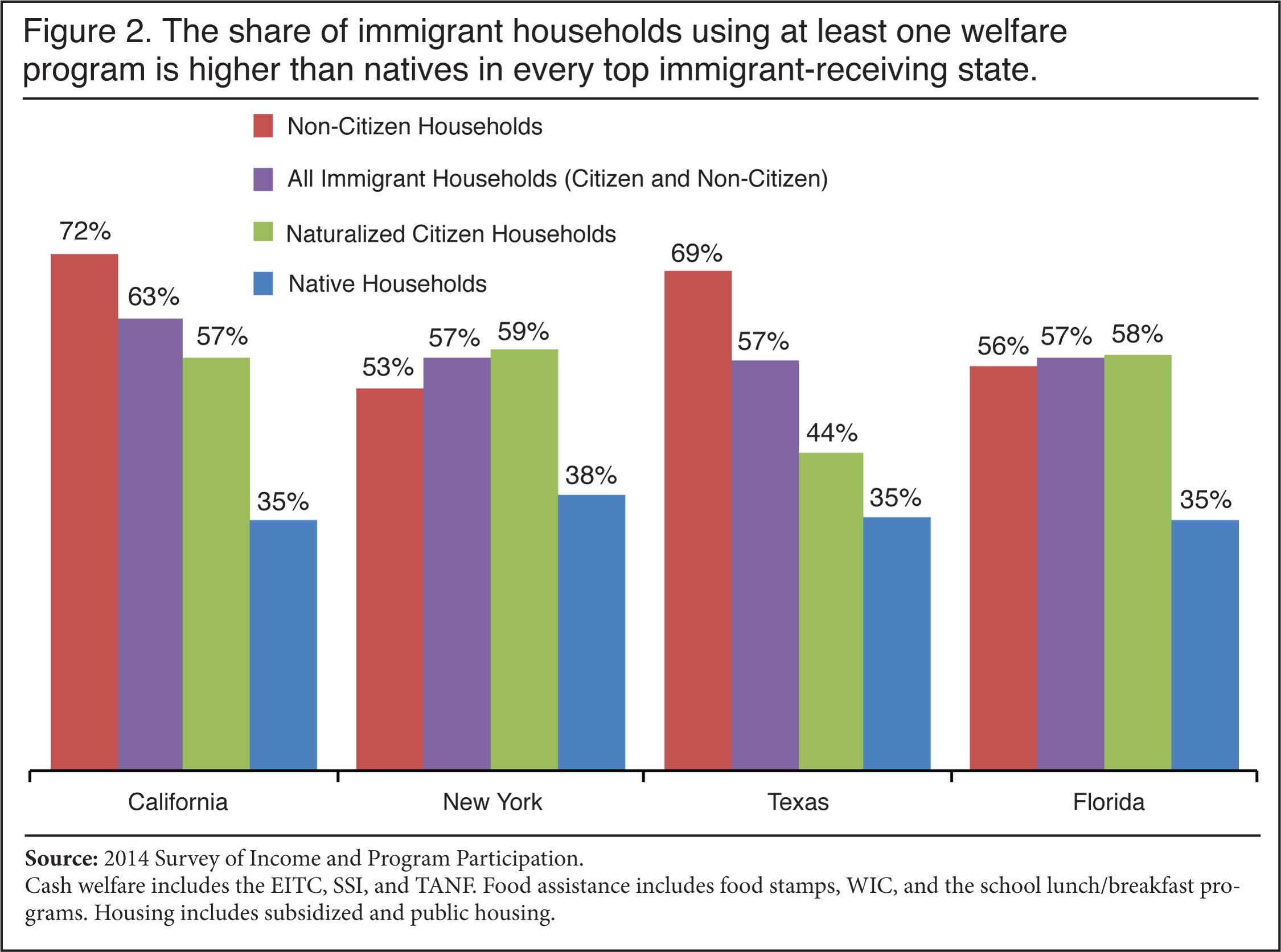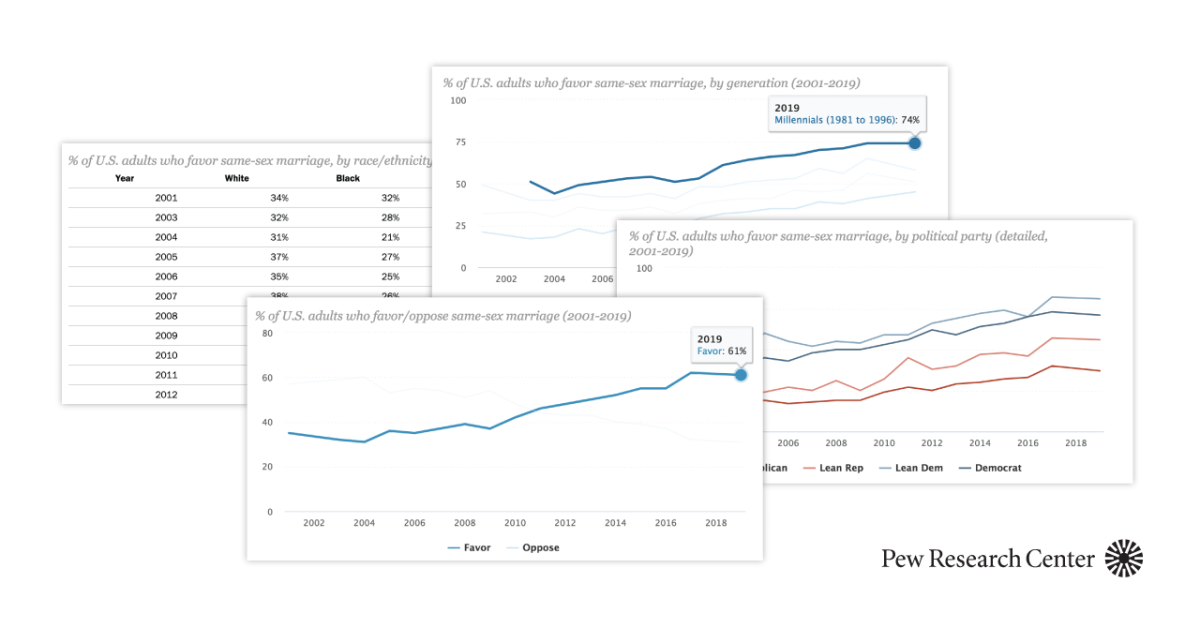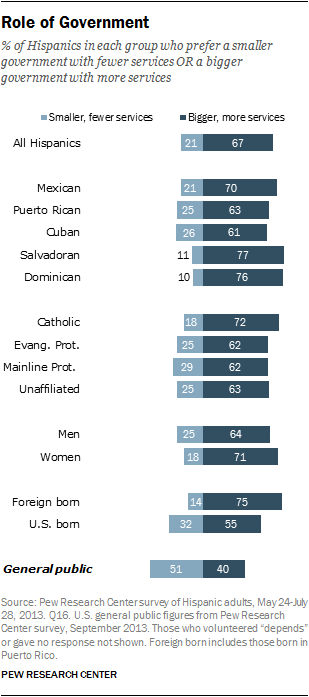Because they have been more hostile to it for over 20 years, well before Trump:
While most of them don't have immigration as priority in proportion to their support of big government:
The point about black people and homosexuality was made in error and I apologize for it, as I said earlier I retract the claim.
As for the big government matter--again, are you familiar with the history of American immigrant politics? Most immigrants right now favor big government policy but
this has always been true. German-, Irish-, Italian-, and Russian- Americans, for instance, all played a massively important role in the early history of American socialism. It's the demonstrable success of free market policies that has led immigrants to support them, not the other way around. Like I said, cultural dedication to limited government is more or less entirely unique to Anglo-American culture, and that culture was destroyed by immigration a
long time ago, and that genie will never be put back into the bottle.
Current America supports the free market because it is successful, not because of some inherent cultural quality, and so as long as it continues to be successful, it will continue to win converts.
In the modern socialist movements I would argue they are highly connected. Its a big tent. You dont believe all the same things but you support enough of them in common with one of the two parties to vote for that party. That doesnt mean you just adopt that parties positions identically.
I would be interested in seeing a citation on the socialist immigrants bit, by the way.
Obviously given how long ago a lot of this happened opinion polling of politics by demographic doesn't exist for this, but the influence of German, Italian, and Irish immigrants on the early socialist/communist movement in America in particular is well-recorded. Just look at a list of the founders of the CPUSA, for instance--CE Ruthenberg (German), Louis Fraina (Italian), Alfred Wagenknecht (German), Jay Lovestone (Russian), Ben Gitlow (Russian), Alexander Bittleman (Russian). Same goes for the IWW's founders--James Connolly (Irish), Daniel De Leon (Dutch), Thomas Hagarty (Irish), Mother Jones (Irish), Frank Bohn (German), William Trautman (German), etc. Emma Goldman? Russian. Victor Berger? Romanian. Morris Hillquit? Russian. Emil Siedel? German. Carl Ziedler? German. Meyer London? Russian. These people were, of course, a fringe, but this held true generally as well--a cursory examination of the New Deal Coalition will reveal the degree to which it was supported by immigrant populations such as Catholics, Jews, etc., and it's only the demonstrable success of later free market policies that have gradually moved these populations away from the Democrats in periods like the Reagan era.









